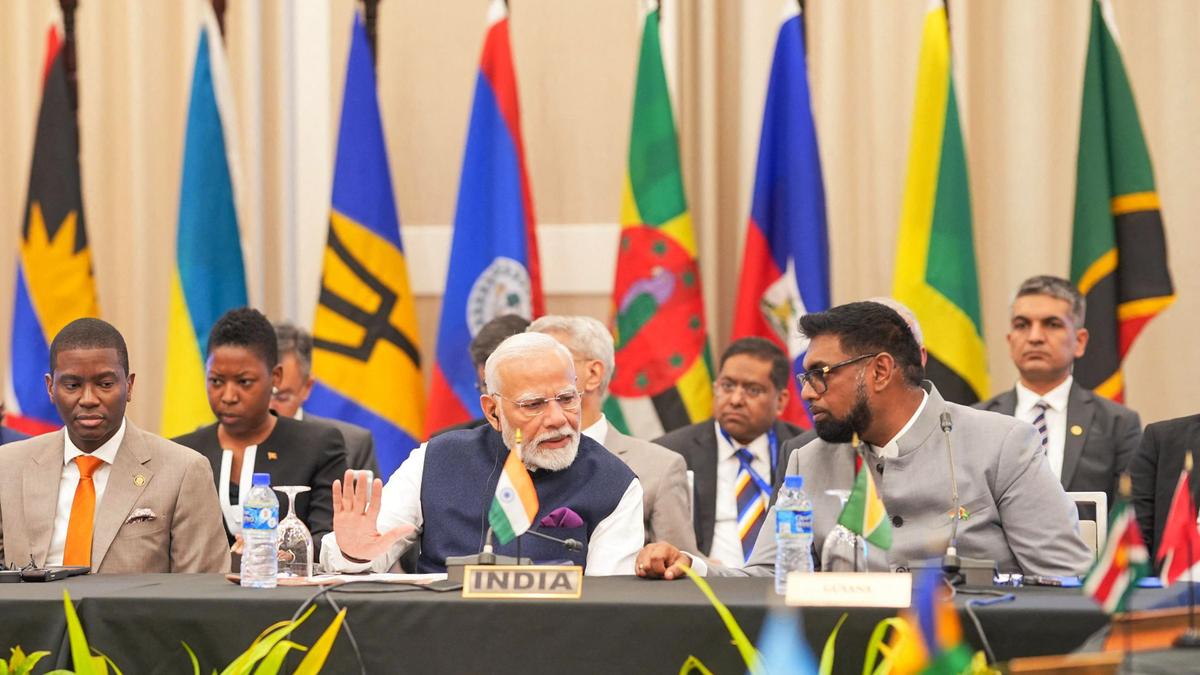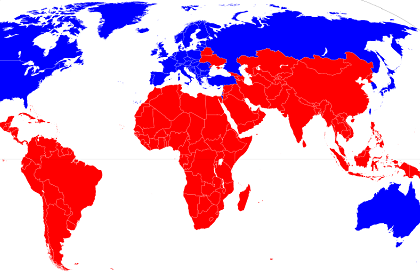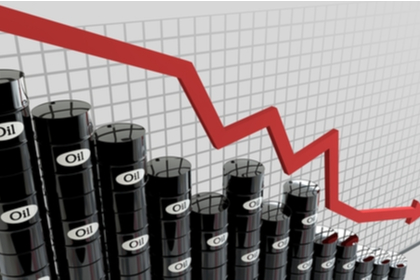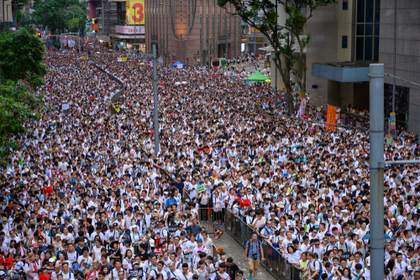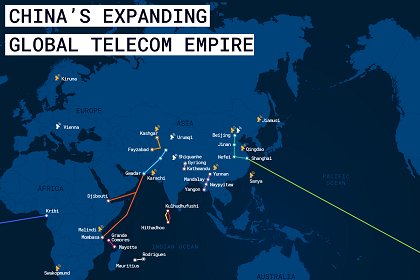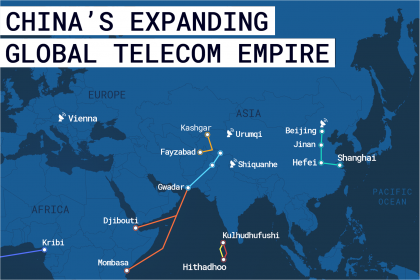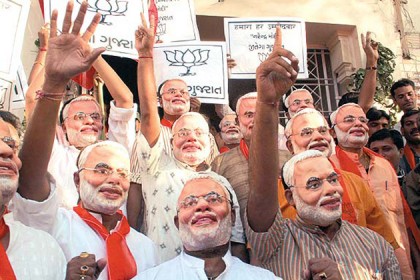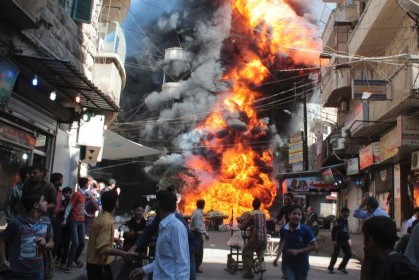India’s summit diplomacy
Prime Minister Narendra Modi’s six-day visit to Nigeria, Brazil, and Guyana in November resulted in several bilateral agreements on economic, developmental, energy and technological cooperation. The trip highlighted India’s strategic and diplomatic priorities in Africa, Latin America and the Caribbean and offered the country an opportunity to position itself as a key partner for sustainable development and multilateral cooperation in the Global South.

